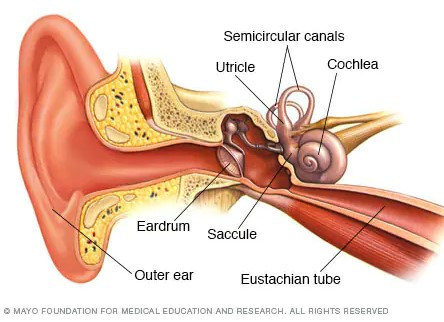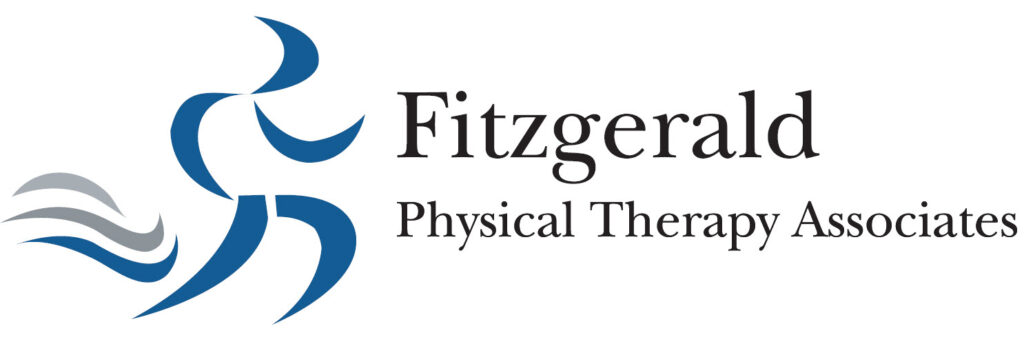
Vertigo is a common ailment that affects a large number of people every year. Although it isn’t a life-threatening condition, we know it can affect your quality of life substantially. Its attacks leave a feeling of rocking, rotation, spinning – and moving the head and body often just makes the symptoms worse. Despite how common vertigo is, many sufferers are unaware that physical therapy is one of the best and most effective ways to manage and treat vertigo.
The technique and course of treatment for vertigo depends a lot on the cause of the problem. Vertigo can occur for several reasons, including vascular/circulatory impairment, infections in the inner ear, imbalances in the ear, issues with the cervical spine, problems with the central nervous system, and, most commonly, due to loose crystals in the ear that cause BPPV (Benign Paroxysmal Positional Vertigo). The signs and symptoms of benign paroxysmal positional vertigo (BPPV) may include:
- Dizziness
- A sense that you or your surroundings are spinning or moving (vertigo)
- A loss of balance or unsteadiness
- Nausea
- Vomiting

Here’s how:
A professional physical therapist can help you to deal with your vertigo in many ways.
- We can assess your problem and see how mild or severe your case of vertigo is. This determines the rest of your treatment plan. Simply adopting one of the maneuver techniques yourself can do you more harm than good, and so a visit to the physical therapist can help you get your treatment running the right way and keep it on course.
- Once your symptoms have been evaluated, we will then suggest therapeutic exercises that can reduce the intensity of your symptoms, or in some cases, eliminate them entirely. They will also advise you on the frequency of the exercise, and the general routine to follow, based on your individual requirements.
- We will also periodically re-evaluate you to check if there is any reduction in your symptoms. Regular evaluation helps to track your progress and can also help to determine the effectiveness of the exercises. Depending on the results, you may be advised to continue, change, or stop your exercise routine.
We can help you with any questions that you may have. Opting for physical therapy can be one of the best courses of action for patients suffering from vertigo, and it’s well worth discussing with your doctor and physical therapist.
We want to help you feel better soon! Visit our website here to learn more. Or easily book your appointment online now!

